More Recent News
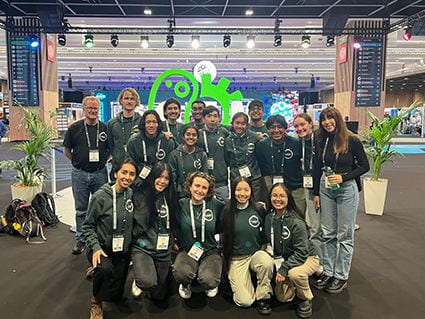
UCSC’s 2023 iGEM team grabs fourth consecutive gold medal and nomination for best software tool at international competition
A team of UC Santa Cruz students won a gold medal at the 2023 International Genetically Engineered Machine (iGEM) Grand Jamboree, marking their fourth consecutive year of bringing home the prize, and were nominated as best software tool for the first time. The annual iGEM competition brings together student teams from around the world to present synthetic biology projects that aim to address 21st century societal challenges.
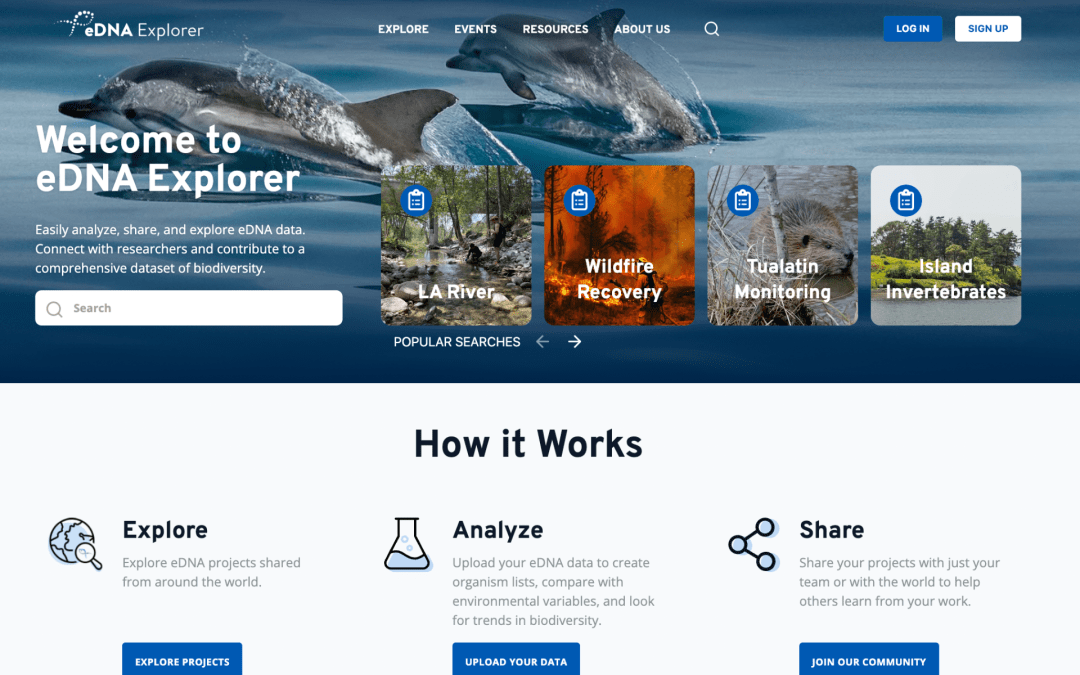
New eDNA Explorer provides a powerful new resource for conservation
CALeDNA, a UC-wide consortium project to document California’s biodiversity, has launched a prototype of their new eDNA Explorer. This open-source tool provides a powerful and easily accessible platform for sharing, exploring, and analyzing data from projects that use environmental DNA.
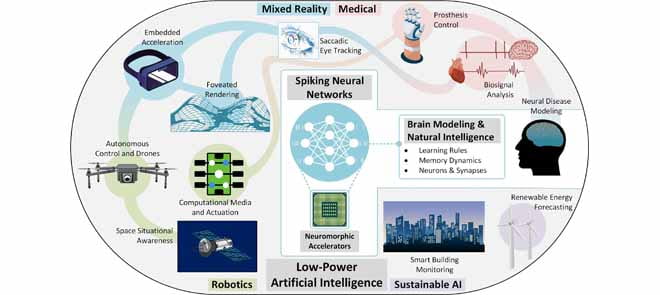
Brain-inspired AI code library passes major milestone, new paper offers perspective on future of field
Four years ago, UC Santa Cruz’s Jason Eshraghian developed a Python library that combines neuroscience with artificial intelligence to create spiking neural networks, a machine learning method that takes inspiration from the brain’s ability to efficiently process data.
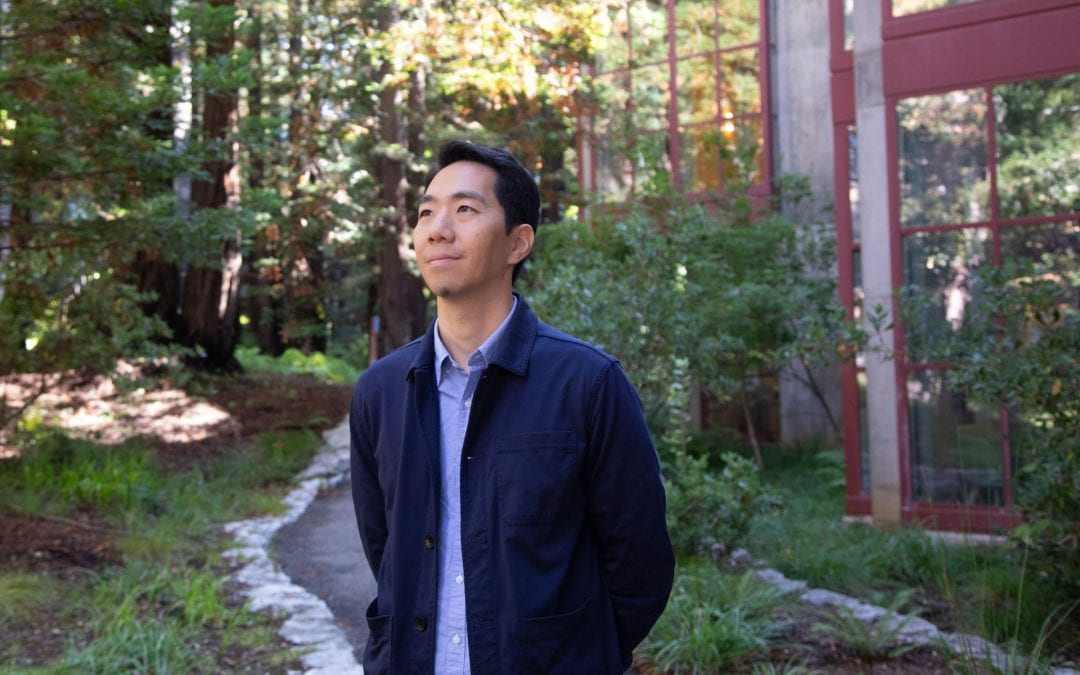
Detecting Cancer Early by Measuring RNA in the Blood
Genomics Institute affiliate Daniel Kim explains how markers in RNA can help create new tests for early cancer detection. Read in Scientific American.
“Early detection of cancer has been shown to save lives,” says Daniel Kim. “And so we really want to be able to diagnose it early, before it spreads to other parts of the body

Working to improve clarity for patients assessing their genetic breast cancer risk
“I would say there are 2,500 variants conservatively that we hope to be able to curate right off the bat based on these assessments,” Cline said. “For women who carry these variants, that means not carrying the uncertainty.”
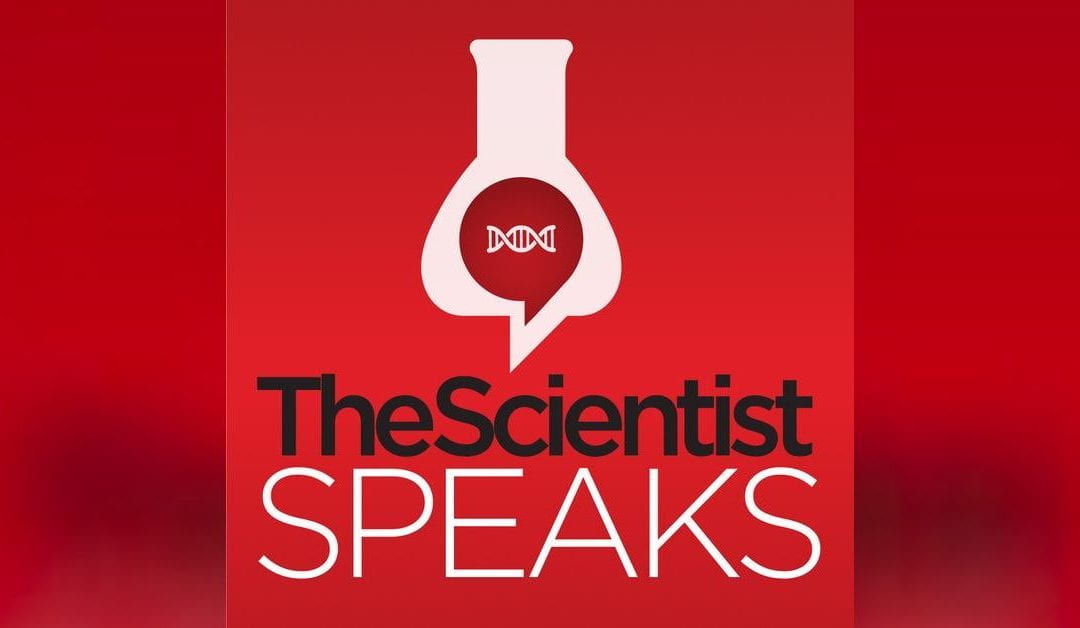
Smart Gateways into the Lab of the Future
The UC Santa Cruz Braingeneers are using cutting-edge smart technologies to streamline their research on human brain ogranoids and learn more about what makes humans unique. Listen to Deanna MacNeil from The Scientist’s podcast interview UCSC Braingeneers Sofie Salama and David Haussler about the smart technology behind growing brain organoids.
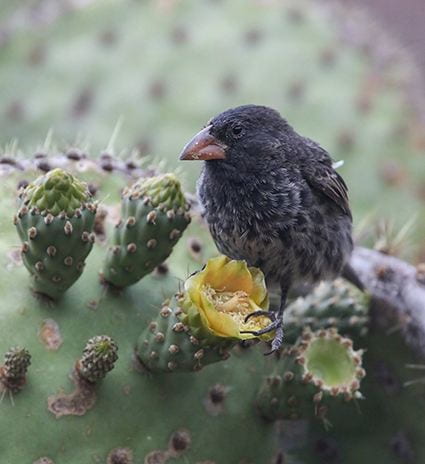
Genome study reveals 30 years of Darwin’s finch evolution
An international team of researchers has released a landmark study on contemporary evolutionary change in natural populations. Their study uses one of the largest genomic datasets ever produced for a wild animal, comprising nearly 4,000 Darwin’s finches, to reveal the genetic basis of adaptation in this iconic group.

Biotech founder and hero of the Human Genome Project joins UC Santa Cruz Genomics Institute as Executive Director
After an extensive national search, the UC Santa Cruz Genomics Institute has selected a bold new executive director to lead their next phase of expansion and innovation. Dr. Lauren Linton is a scientist, entrepreneur, and executive with experience leading institutions in genomics, pharmaceutical and diagnostic development, biotechnology, entrepreneurship, and innovation.

UCSC’s David Deamer and Mark Akeson honored for invention of nanopore sequencing
Today, two UC Santa Cruz researchers were honored at the Library of Congress for the invention of nanopore sequencing, which became a new and revolutionary method to read DNA and RNA. David Deamer and Mark Akeson, both emeritus professors of biomolecular engineering at the Baskin School of Engineering, received the American Association for the Advancement of Science’s (AAAS) Golden Goose Award for the invention.

Human Pangenome Named a GA4GH Driver Project
GA4GH Driver Projects are real-world initiatives that help build and implement GA4GH standards, tools, and frameworks. They give voice to the broader genomics community and ensure GA4GH products serve real needs.